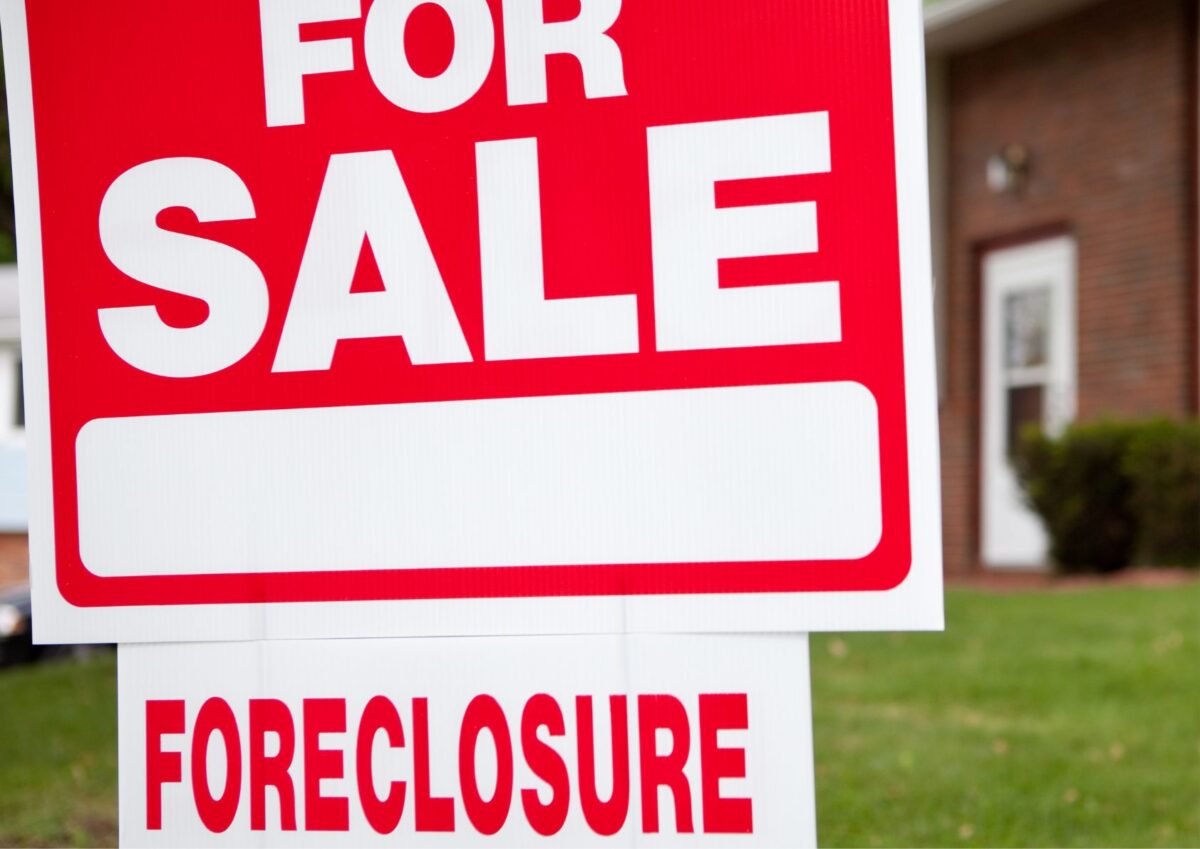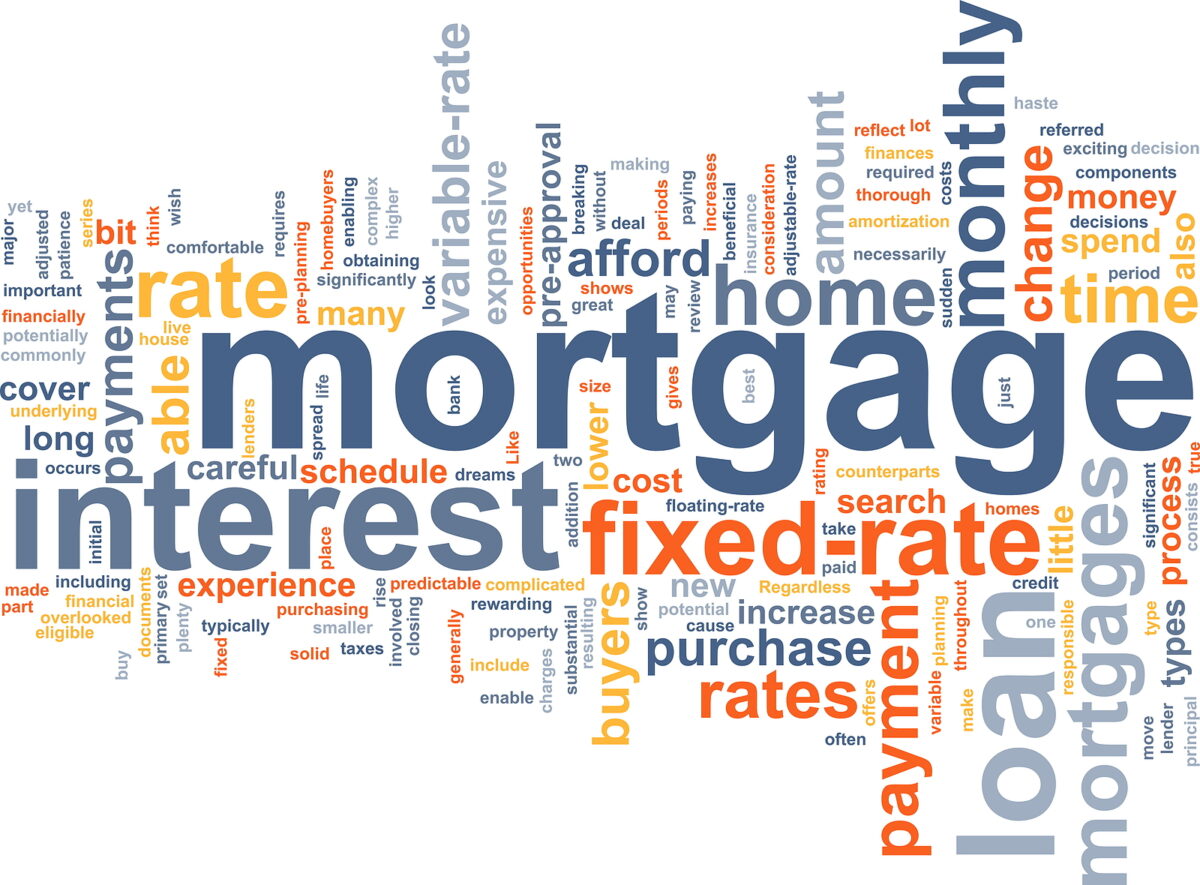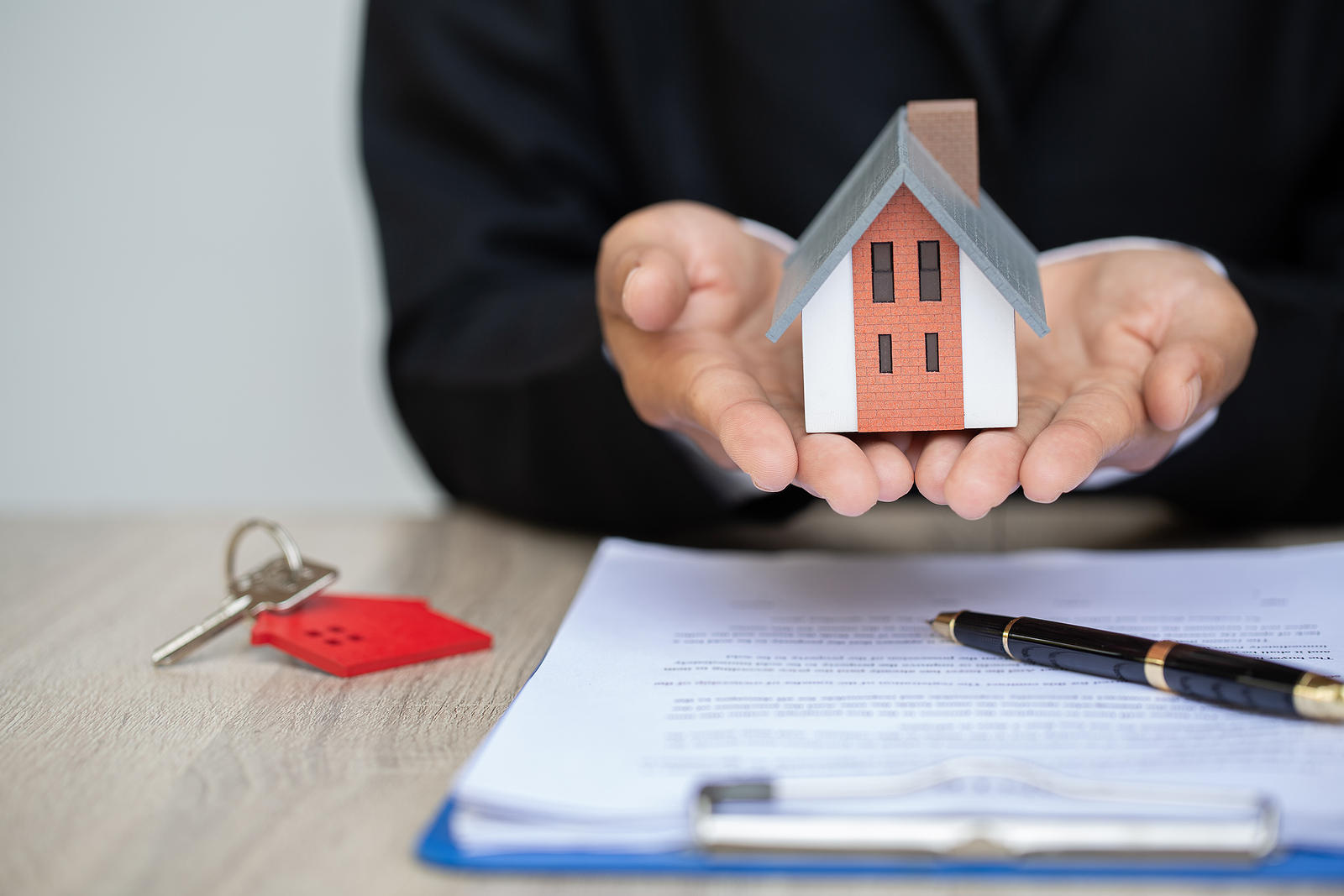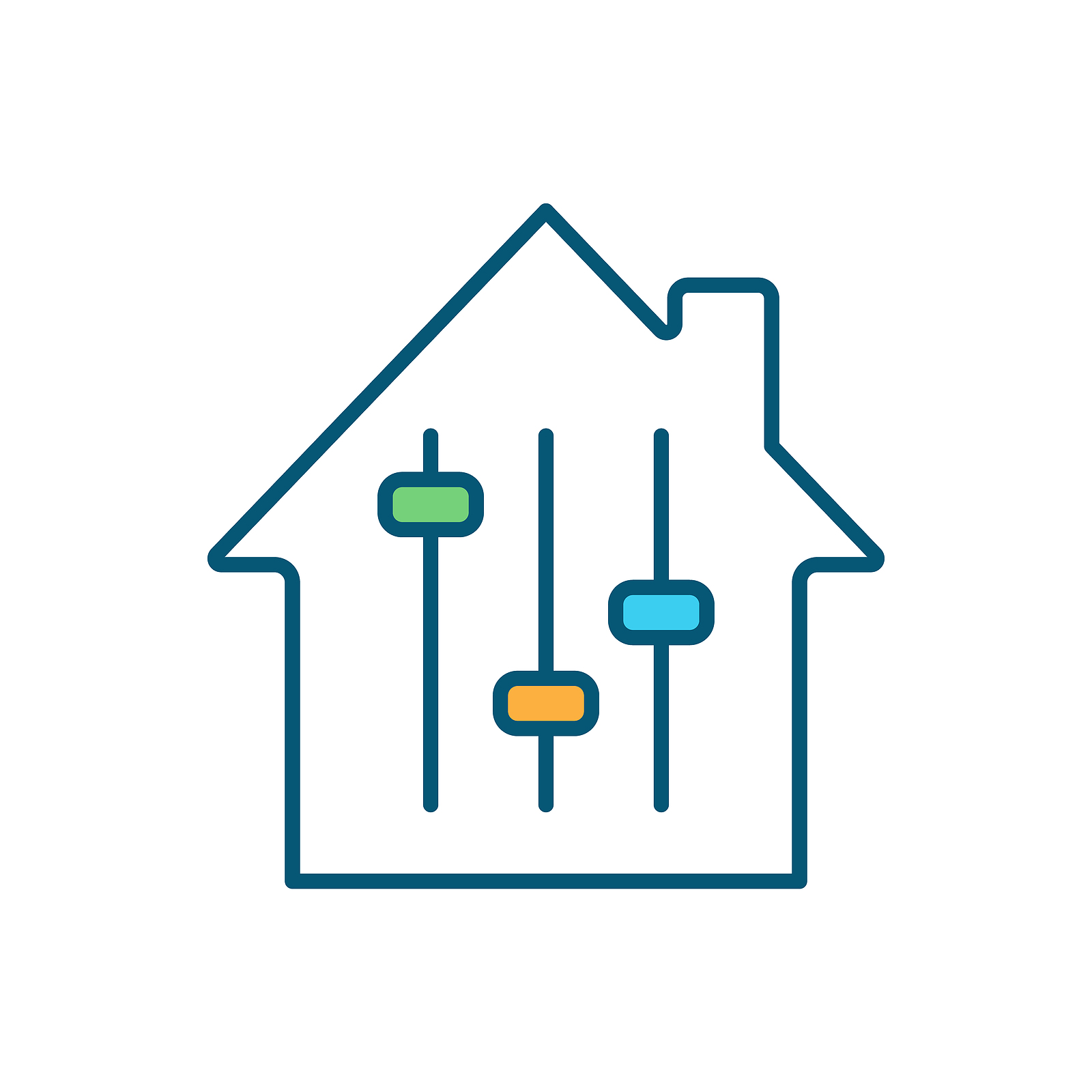Buying a foreclosure can seem like an attractive opportunity for potential homeowners and investors. These properties, often sold at a discount, come with the promise of great value but also carry unique challenges. Understanding the pros and cons of purchasing a foreclosure is crucial before you jump into this sometimes complicated real estate market. Let’s break down the key factors you should consider when exploring the world of foreclosed homes.
The Upside of Buying a Foreclosure: Affordability
One of the most significant advantages of buying a foreclosure is the price. Foreclosed homes are typically sold at a reduced price compared to similar properties in the same neighborhood. This lower cost can allow buyers to get more house for their money or invest in an area they otherwise might not be able to afford. For investors, the potential to flip the property and sell it at a higher price can lead to a significant profit.

Foreclosures can also provide an opportunity for buyers looking to enter the real estate market without the premium price tag that often accompanies traditional home purchases. This affordability can be particularly appealing to first-time buyers or those looking for an investment property.
Potential for Equity Growth
If you’re able to purchase a foreclosure at a bargain price and make the necessary improvements, you may build equity quickly. Many foreclosed properties are sold as-is, meaning they might need repairs or renovations. While this can be a drawback for some, for buyers with the skills or resources to handle these projects, it represents a chance to add value to the home.
Once the necessary repairs are made, the property’s market value may increase, allowing you to build equity faster than you would with a move-in-ready home. This can be especially beneficial for long-term homeowners or those planning to resell the property for a profit.
The Drawbacks of Foreclosures: Condition and Repairs
One of the major challenges of buying a foreclosure is the unknown condition of the property. Many foreclosed homes have been neglected or left vacant for extended periods, and some may have suffered from intentional damage or vandalism. Because these properties are sold as-is, you could be taking on significant repair costs, which can quickly eat into any initial savings you might have gained from the lower purchase price.
It’s essential to get a thorough inspection and understand the scope of the necessary repairs before committing to a purchase. If major structural issues, plumbing problems, or outdated electrical systems are uncovered, the cost to bring the home up to standard could outweigh the benefits of the discounted price.
The Competitive Market
Another drawback of buying a foreclosure is the competitive nature of the market. Foreclosures are often highly sought after by investors, flippers, and bargain hunters. This demand can lead to bidding wars, where the price of the property escalates quickly, erasing the financial advantage you were hoping to gain.

Additionally, the process of buying a foreclosure can be more complex and slower than a traditional home purchase. Working with banks, auction houses, or government agencies can add layers of bureaucracy, causing delays that can be frustrating for buyers, particularly those looking to close quickly.
Financing Challenges
While foreclosed properties often come with lower price tags, securing financing for these homes can be more challenging. Some lenders are hesitant to finance properties in poor condition, meaning you may need to pay for repairs upfront or take out a loan specifically designed for distressed properties, such as an FHA 203(k) loan. These loans typically have stricter requirements and may involve higher interest rates or additional fees.
If you’re planning to purchase a foreclosure, it’s a good idea to speak with a lender beforehand to understand your financing options and ensure you’re prepared for any potential hurdles that might arise during the buying process.
Is Buying a Foreclosure Right for You?
Buying a foreclosure can be a great opportunity if you’re looking for a bargain and are willing to put in the time and effort to make necessary repairs. For investors, foreclosures can offer a chance to add significant value and turn a profit. However, the risks associated with property condition, financing challenges, and a competitive market are all important considerations.
If you’re thinking about purchasing a foreclosure, be sure to do your homework, consult with professionals, and weigh the pros and cons carefully. With the right approach and a bit of patience, you could end up with a great deal on a home that offers long-term benefits.




